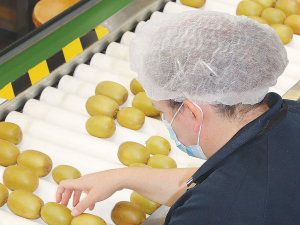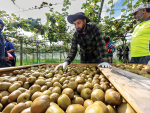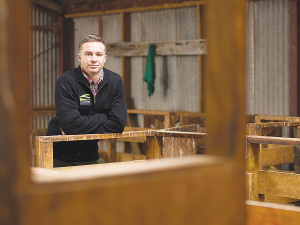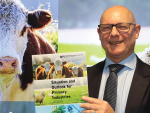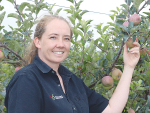Mathieson told Hort News that the 2022/23 season is going to be difficult for some growers, who faced low returns from last season because of fruit quality. Others were then hit with the frost, which – in some cases – wiped out whole orchards or severely damaged them.
“Financially it’s going to be really tough, so we are going to have to look at payment mechanisms to see if we can help them,” he says. “We are talking to the banks all the time and the good thing is the banks can see the long term opportunity as we move through this challenging period.”
says the demand is very strong in the market place – especially North America where there has been very strong growth over the past four years. He adds that Sun- Gold is now the fastest growing of the 20 top fruits in North America.
“That is because it is a new fruit that is full of health nutrition attributes is great tasting and ready to eat,” he explains. “It’s not just gold, green is also doing very well. I can remember it fetching 18 cents a tray, but now it’s up to $7.00 – which is an enormous transformation.”
Mathieson says the key message to growers is to focus above all on quality.
In recent years there has tended to be an emphasis on increasing the volume of kiwifruit grown.
However, Mathieson says – as a prominent grower told him – the sector has to stop growing for money and start growing for quality again.
He says good money will follow good quality. Mathieson adds that kiwifruit is an amazing product aimed at high end customers and consumers and is regarded as a premium product.
“But we need to deliver quality, because if you are playing at that end of the market, the expectations are so much higher [so] if you drop the ball it can have a detrimental impact and that’s what we saw in 2022.”
Mathieson says he spent two months last year visiting all of NZ’s major markets and explaining what happened in NZ to cause the problems. He says while they were understanding about what happened in 2022, they want to see a change this year.
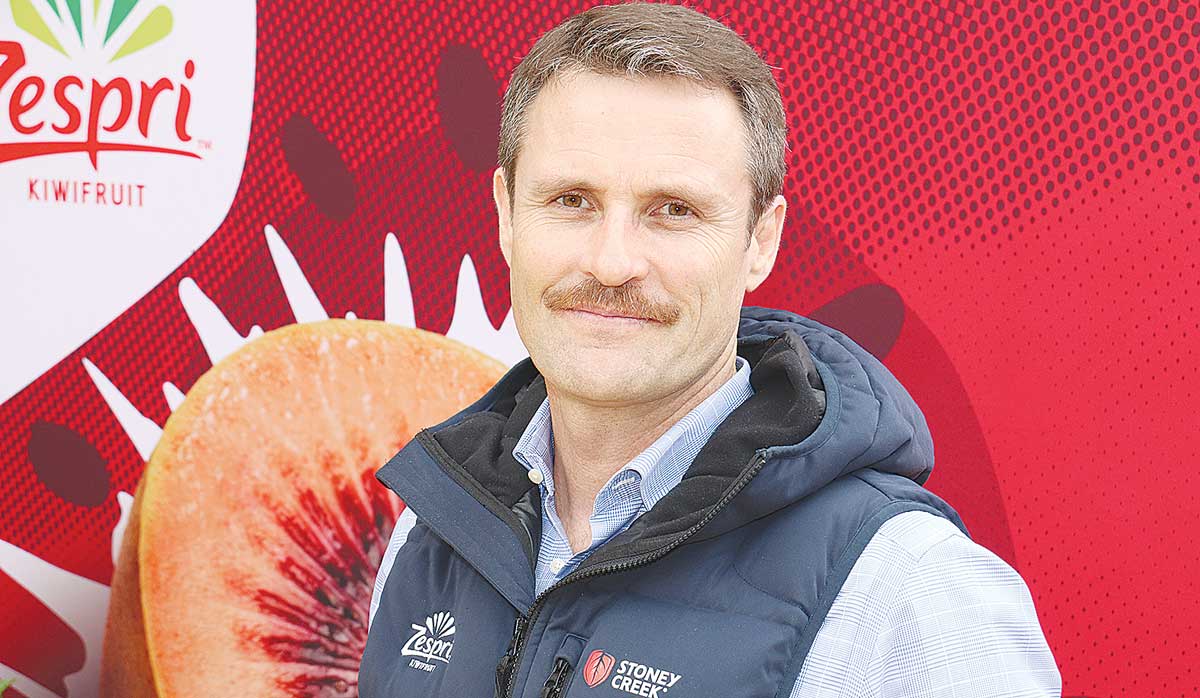 |
|---|
|
Zespri chief executive Dan Mathieson says the 2022/23 season is going to be tough for some growers. |
Mathieson believes that because of NZ’s good reputation, overseas buyers have stuck with us, “but they need good quality fruit to drive value for their own businesses”.
A major market for NZ kiwifruit is China and, despite some problems, Mathieson says they have been generally pleased with the outcome. Sales dropped by about 20% during one of China’s lockdowns but recovered quickly when this was lifted.
He adds that they encountered problems when the port of Shanghai shut down because of Covid, but they quickly diverted their charter vessels to the port of Taizhou to service the Chinese market.
Mathieson says this situation highlighted the need for Zespri to have options available not just in China but in other parts of the world as well.
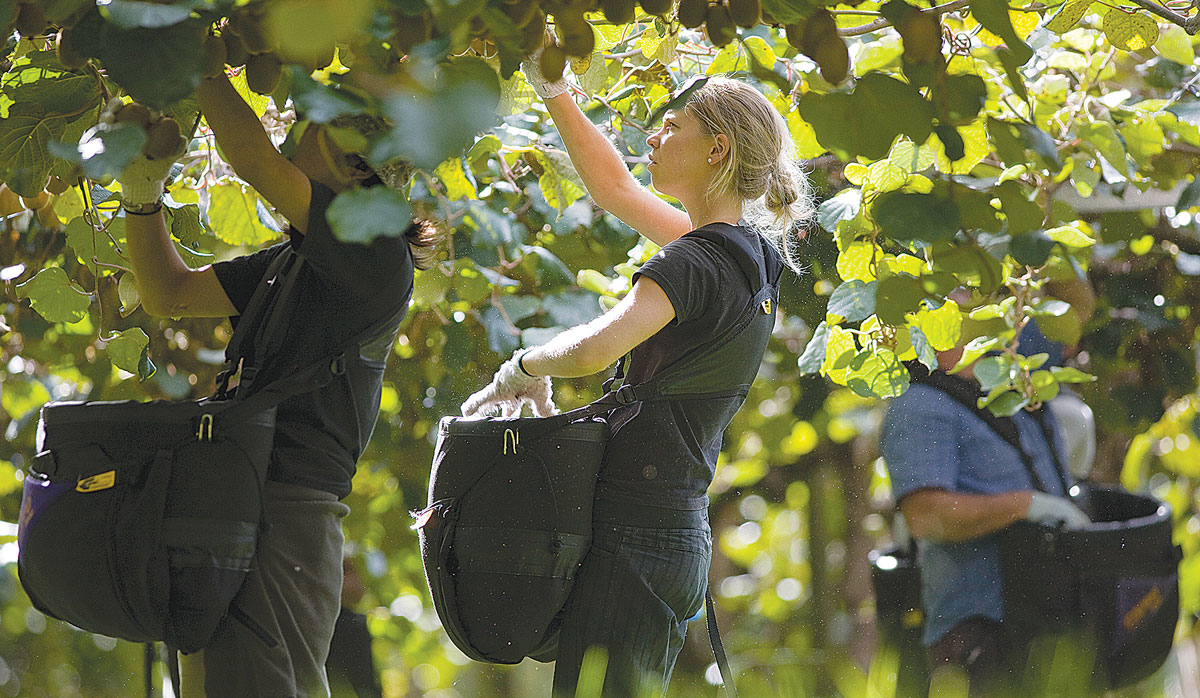 |
|---|
|
Zespri's message to NZ growers is to focus above all on quality and not so much quantity of fruit picked. |
“I think uncertainty and volatility is part of our future and we need to build resilience into our operations with more options to deal with things that could go wrong and preparing the scenarios to cope with that to protect our industry as it continues to grow,” he told Hort News.
Mathieson says he’s really heartened, at a time of crisis, how the whole industry has come together and constructively collaborated to find solutions in 2023. He adds that 2023 is going to be ‘a tough year’.
“We need to make sure we are fitter than ever for 2024 and the growth that is ahead.”




